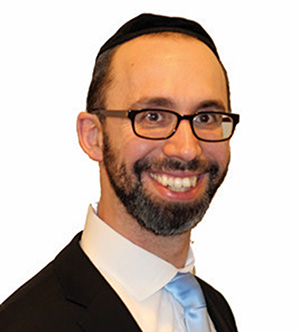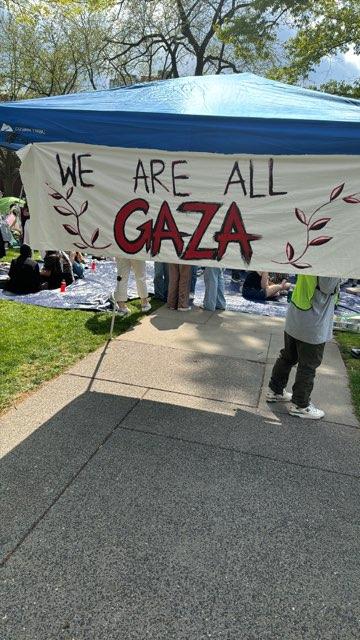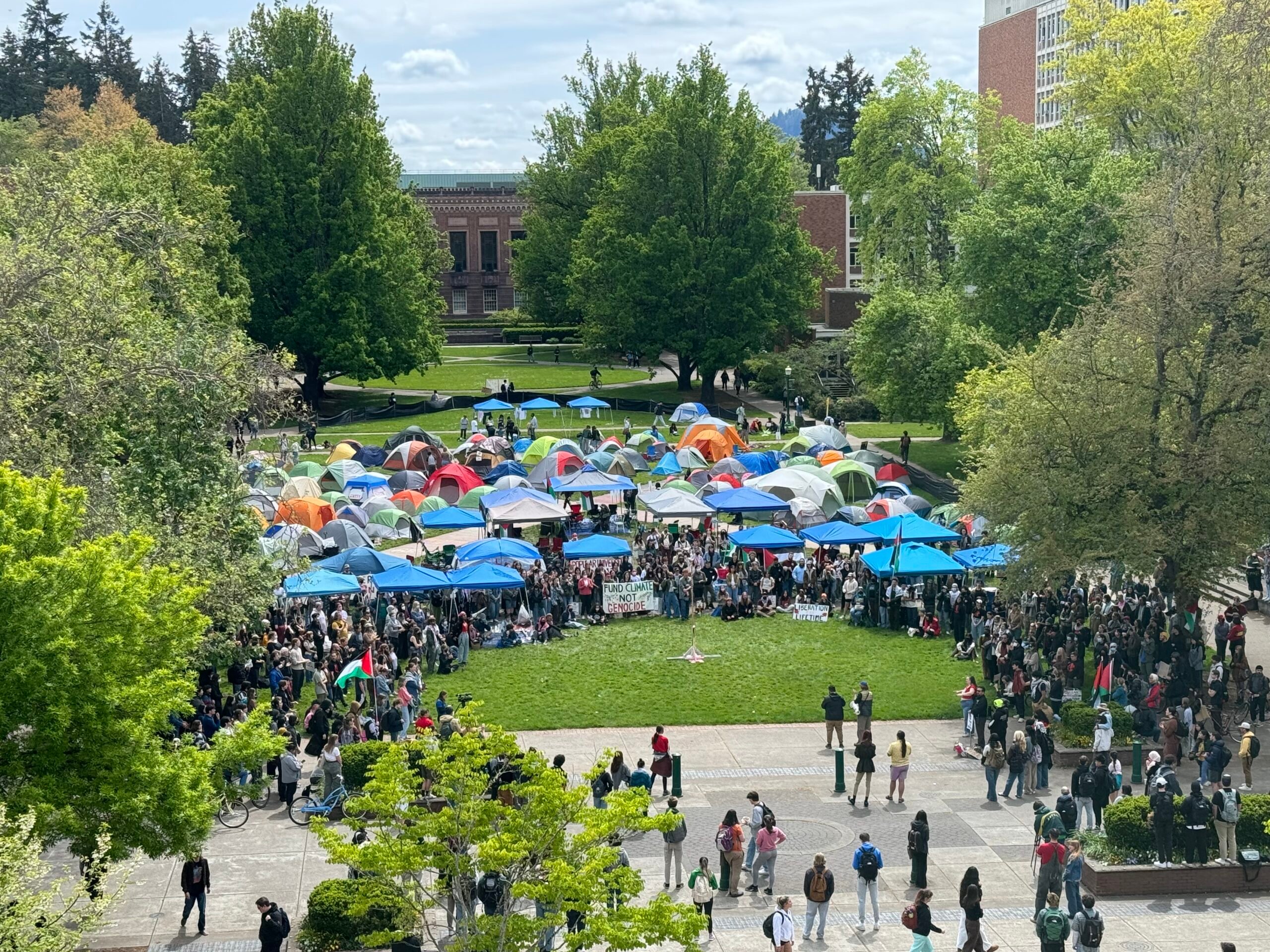
The Jewish year comes to a close with Adar (using the prescribed method for counting months, which starts with Nisan). With the close of this cycle, we read Parshat Parah. Then, around the corner we read Parshat Hachodesh in Nisan to herald in the new year.
What’s the significance of these readings? Surely, it’s more than just taking out an extra sefer Torah. The Sforno explains that the parah adumah (red heifer) was sacrificed as an atonement for the Chet HaEgel (sin of the golden calf). As Rashi says, “Let the mother (parah adumah) come and clean up the mess of the baby (golden calf) (Rashi Chukat 19:22)
Other meforshim explain that parah adumah also comes to correct the sin of Adam and Eve. Their sin caused death to be decreed upon all of mankind and the parah adumah serves to purify the tumah (impurity) of death.
We learn from Rav Moshe Wolfson (mashgiach of Torah Vodaas) that the cause of the Chet HaEgel was a lack of patience. As the pasuk says, “Vayar ha’am ki boshesh Moshe, The nation saw that Moshe was delayed… and said … make for us a god” (Ki Tisa 32:1). Interestingly, we find the same lack of patience with regard to the sin of Adam and Eve. The Ohr Hachayim Hakadosh (Parshat Vayechi) says that if Adam and Eve, who were created on Friday, would have waited a few extra hours until Shabbos, they would have been permitted to eat from the Eitz Hadaat (Tree of Knowledge). But they did not wait. They did not have patience. And the rest is history.
Rav Wolfson offers us a fascinating gematria (numerical value equivalent). The numerical value of “ki boshesh”—Moshe was delayed—and the words “Eitz Hadaat” both equal 639! The two pivotal sins that changed history, the Tree of Knowledge and the golden calf, were both due to a lack of patience. This failing, he says, stemmed from a lack of faith. Therefore, Hashem gave us the mitzvah of parah adumah, which is a chok (statute) that defies human logic and encourages our dependence on faith..
Last year, on Erev Shabbos Parshat Parah, I called a plumber a few hours before Shabbos to fix a leaky sink. The table was already set, and the food was just placed on the counter. After fixing our leaky sink, my plumber told me he has been servicing Jewish customers for many years and thinks we have something very special in our Shabbos, because we get to eat together as a family. “I have a wife and two kids,” he said, “and we never eat together. Also, your house is so calm! I have only two kids and when I come home, my wife says she can’t talk to me because she’s so exhausted from the kids. You have many more kids and your wife is as calm as can be.”
While things can get hectic on Erev Shabbos, it’s still a huge gift from Hashem that Shabbos brings our families together.
Alas, we live in a generation where we are losing the quality of patience. We want and need everything instantaneously. The expected time of a response to an email is between 4-24 hours, and to a text is less than 30 minutes. If we don’t receive a response in time, we think, “Why is he/she ignoring me?” This lack of patience often creates a great deal of tension within us.
Shabbos is a time of menucha (rest)—a time that is calm, tranquil and an invitation to being patient. We are not in a rush on Shabbos. Our Shabbos table is a very powerful time for each family. It is the venue to share with our children the basics of emunah (faith) and the middot (values) of sharing and patience.
This is why Parshat Parah is required to be read specifically on Shabbos, because Shabbos embodies menucha (rest/patience) and emunah to fix the sin of the golden calf. Moreover, Rav Wolfson explains Parshat Parah is read at the end of the year to remind us that if we would just have the proper patience and emunah, our personal salvation could come. The new year, which with the proper attitude could bring in the geula (redemption), comes on the footsteps of the parah adumah, the ultimate chok that teaches us patience and emunah.
Klal Yisrael has waited for thousands of years for the coming of Moshiach—“achakeh lo b’chol yom sheyavo (I will wait, expecting him to come each day).” We believe that this quality of patience and absolute faith will bring the Moshiach speedily in our days.
By Rabbi Baruch Bodenheim











